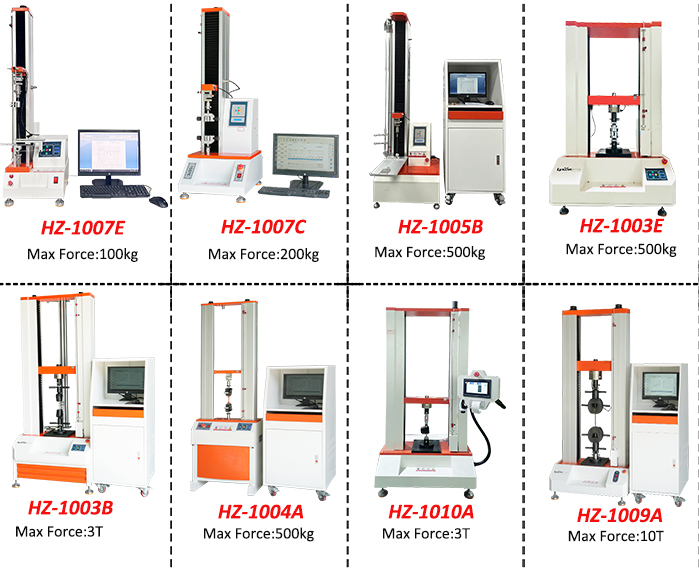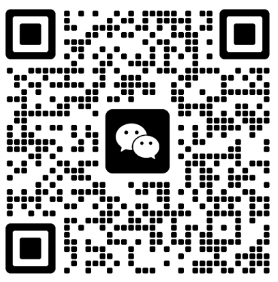Core functions, technical advantages and application fields of tensile testing machines
As the core equipment for testing the mechanical properties of materials, tensile testing machines are widely used in industrial manufacturing, scientific research institutions and quality inspection fields.
This article combines the cutting-edge technology of the industry with market demand to systematically analyze the core functions, technical advantages and typical application scenarios of tensile testing machines,
and provide reference for the selection of enterprises and scientific research units.
1. Core functions of tensile testing machines
1. Multi-material testing capabilities
Tensile testing machines can perform mechanical property tests such as stretching, compression, bending, tearing, and peeling on materials such as metals, plastics, rubber, paper, composite materials, and fibers.
For example, Jinan Jingce Electronics' equipment supports all types of metal and non-metal materials testing, covering dozens of industries such as aerospace, packaging, and medical.
2. High-precision data acquisition
High-precision sensors (such as American Shiquan sensors) and photoelectric encoders are used to ensure that the force resolution reaches 0.01N and the displacement accuracy is ±1%,
meeting the requirements of domestic and foreign standards such as GB/T 228 and ASTM D882.
3. Intelligent control and data processing
Equipped with a microcomputer or touch screen control system, it supports automatic zeroing, gear shifting, calibration and batch testing, displays the force-displacement curve in real time and generates reports.
Some models also support RS232 interface and cloud data transmission, which is convenient for centralized management of laboratory data.
2. Technical advantages and innovative design
1. Drive and transmission system
High-end models use servo motors combined with precision ball screws to achieve 0.05~500mm/min stepless speed regulation, ensuring stable and wide range of test speeds.
2. Modular design and multi-functional expansion
The equipment can be configured with high temperature/low temperature environment chambers, supports material performance testing in extreme environments of -40~120℃,
and is suitable for special needs such as rubber and metal wire. In addition, the fixture is replaceable and suitable for different test types such as tension, compression, and shear.
3. Safety and stability
Integrated limit protection, overload protection and automatic shutdown functions, some models use closed-loop control technology to improve the stability and safety of equipment operation.
3. Typical application scenarios
It is used for tensile strength, heat sealing strength and peel strength testing of plastic films, adhesive tapes and medicinal plugs, in accordance with GB 8808, ASTM F88 and other standards,
to help verify the compliance of food and pharmaceutical packaging.
2. Metal material research and development
It supports GB/T 228-2002 standard for testing the tensile strength and elongation of metal wires and plates, and is widely used in automobile manufacturing and construction industries.
3. Scientific research and education
Colleges and universities and research institutions use fully automatic models to study the mechanical properties of new materials, and combine software to analyze stress-strain curves to promote innovation in materials science.
4. Industry trends and selection recommendations
1. Intelligence and automation
In the future, equipment will pay more attention to software integration, such as AI algorithms predicting material failure points, or remote monitoring through the Internet of Things.
It is recommended to give priority to models that support software upgrades.
2. High precision and multi-function
For precision manufacturing fields (such as electronic components), attention should be paid to force resolution (0.01N level) and multi-project testing capabilities (such as supporting stretching and tearing at the same time).
3. After-sales service and compliance
Choose suppliers that provide more than 2 years of warranty and 48-hour response service, and ensure that the equipment complies with international standards such as ISO and ASTM.
V. Conclusion
The technological innovation of tensile testing machines is driving material testing towards higher precision and intelligence. Whether it is industrial quality control or cutting-edge scientific research,
choosing an appropriate model will significantly improve efficiency and data reliability. Brands such as Jinan Jingce and Suzhou Xingyuan have become industry benchmarks with their mature technology systems and perfect services.



